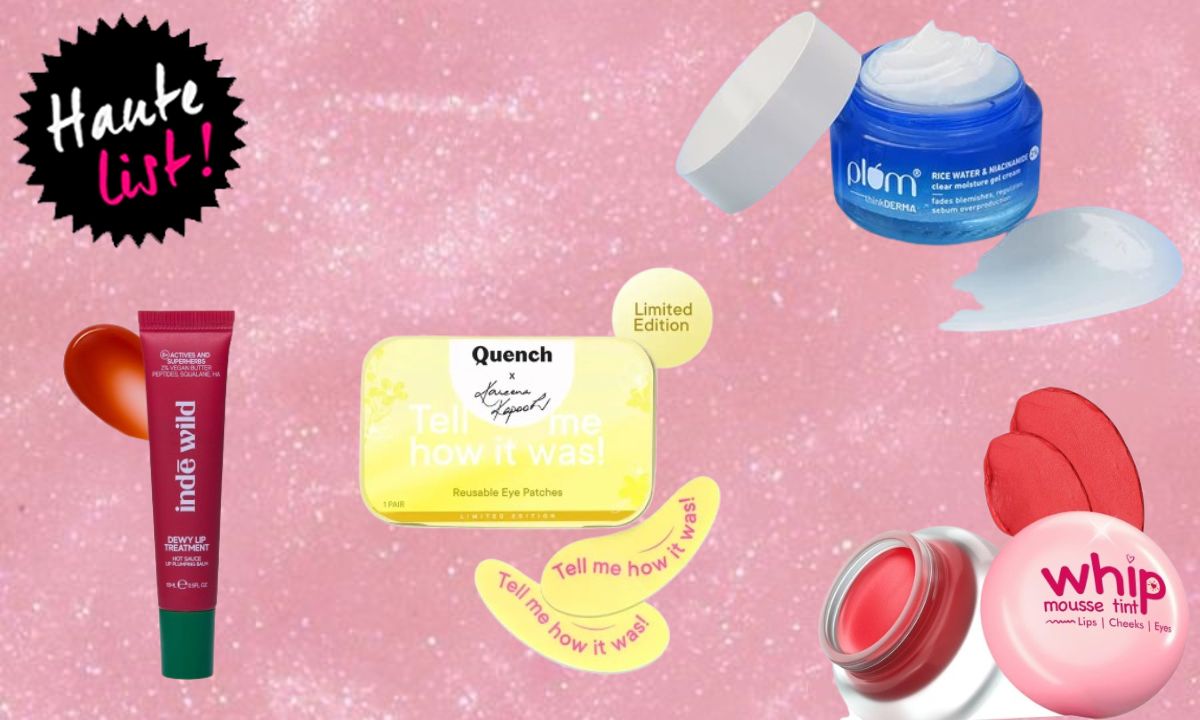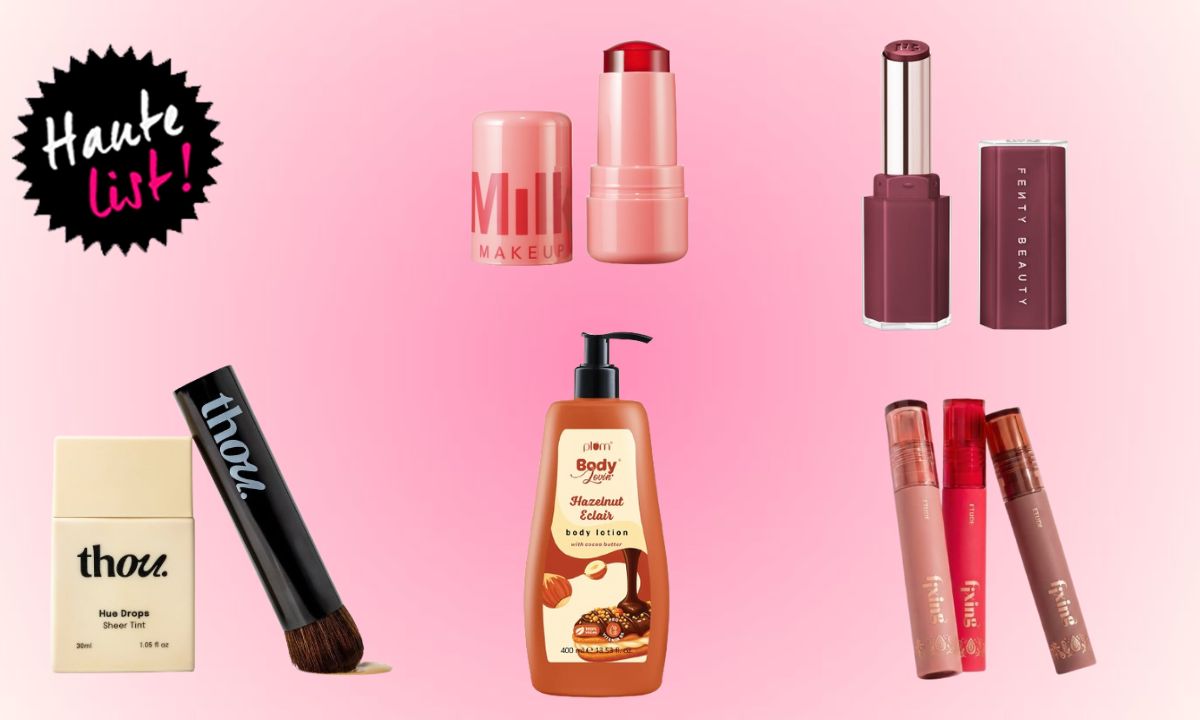Dermatologist Shares 3 Skincare Ingredient Alternatives That Are Perfect For Sensitive Skin!
Sensitive skin does not work with harsh products!

In the quest for perfect skin, those with sensitive skin often find themselves treading a fine line between achieving their skincare goals and avoiding irritation. The good news is that you don’t have to compromise your skin’s health to achieve a glowing complexion. There are plenty of alternatives that cater to sensitive skin. And here are some gentle skincare alternatives for common products that might not agree with sensitive skin shared by Dr. Jushya Bhatia Sarin.
View this post on Instagram

1. Peptides Instead of Retinol
Retinol, a powerful ingredient known for its anti-ageing properties, can be too harsh for sensitive skin. If you’ve experienced redness, peeling, or irritation when using retinol, consider switching to peptides. Peptides are proteins that can stimulate collagen production, helping to reduce the appearance of fine lines and wrinkles without the side effects of retinol.

Also Read: Exclusive: Athiya Shetty On Festive Fashion, Skincare, And What She Wants To Steal From KL Rahul’s Closet
2. Niacinamide In Place of Vitamin C
Vitamin C is beloved for its ability to brighten and protect the skin. However, some people with sensitive skin may find it too irritating. Niacinamide, a form of vitamin B3, is an excellent alternative. It helps even out skin tone, improve the skin’s barrier function, and reduce redness without the risk of irritation.

3. Hyaluronic Acid for Lightweight Moisturizing
Heavy moisturizers can make sensitive skin feel greasy and lead to breakouts. Hyaluronic acid is a lightweight, hydrating alternative that provides intense moisture without a heavy feel. It works by attracting and retaining water in the skin, leaving it plump and hydrated.
 Our Suggestions –
Our Suggestions –
4. Lactic Acid Instead of Salicylic Acid
Salicylic acid is a beta hydroxy acid (BHA) that can be too harsh for some sensitive skin types, causing dryness and flakiness. Lactic acid, on the other hand, is a milder alpha hydroxy acid (AHA) that exfoliates the skin gently. It can help with skin texture and radiance without the potential for irritation.
5. Enzyme Exfoliants Over Physical Exfoliants
Physical exfoliants like scrubs and brushes can be abrasive, leading to micro-tears in the skin, especially for those with sensitive skin. Instead, opt for enzyme exfoliants containing natural enzymes like papain (from papayas) and bromelain (from pineapples). These enzymes provide a more gentle and chemical-based exfoliation, helping to remove dead skin cells and improve skin texture without the risk of irritation.
Also Read: 5 Menopausal Skincare Problems That You Might Be Suffering From And How To Deal With It
In Addition To These Alternative Products, It’s Also Essential To Follow A Few General Guidelines When Caring For Sensitive Skin:
1. Patch Test: Before using any new product, apply a small amount to a patch of skin (like the inside of your wrist) to see if you have a negative reaction.
2. Gentle Cleansing: Use a mild, fragrance-free cleanser to avoid stripping your skin of its natural oils.
3. Sun Protection: Sunscreen is a non-negotiable step in any skincare routine, but it’s especially important for sensitive skin.
4. Consistency is Key: Stick to a consistent skincare routine, allowing your skin time to adapt to new products.
When in doubt or if you’re struggling with skin issues, seek professional advice from a dermatologist.
First Published: November 07, 2023 11:07 AM




 Our Suggestions –
Our Suggestions –














